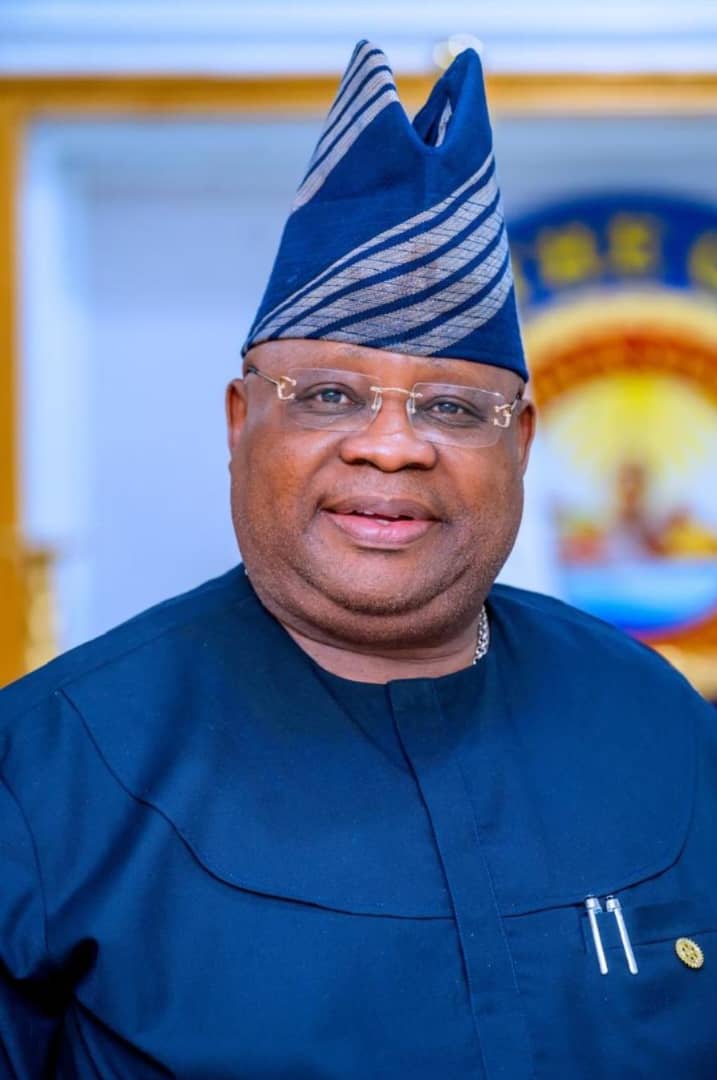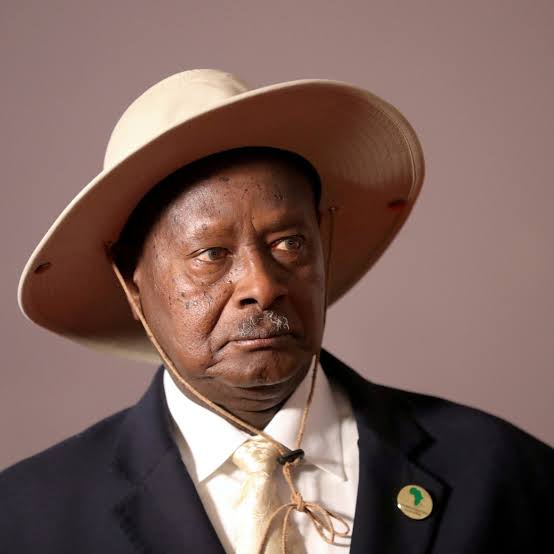The newly appointed Governor of the Central Bank of Nigeria (CBN), Olayemi Cardoso, has outlined his plans to address pressing issues during his tenure.
Speaking during his screening session in the Senate, Cardoso emphasized that his immediate priorities include clearing the CBN’s backlog of unsettled foreign exchange obligations and restoring confidence in the apex bank’s autonomy and integrity.
Cardoso stated that resolving foreign exchange market challenges is crucial for making progress in the Nigerian economy. He also pledged to prioritize price stability, revert to evidence-based monetary policies, and discontinue unconventional monetary measures introduced by his predecessor. These measures aim to bolster the country’s currency, the Naira, which has faced significant challenges.
The official Naira-to-dollar exchange rate closed at N755.08/$1 on Tuesday, as per data from the FMDQ Exchange, while the parallel market saw the Naira nearing 1,000/$1.
Regarding inflation, Cardoso promised to adopt evidence-based monetary policies and address the issue of deficit financing, which has contributed significantly to inflation over the past decade. Nigeria’s inflation rate reached 25.80% in August 2023.
Furthermore, Cardoso highlighted the need to refocus the CBN on its core mandate and limit its involvement in direct development finance interventions. He suggested that the CBN should assume a more advisory role, supporting economic growth and facilitating access to consumer credit and financial inclusion.
Cardoso also expressed his commitment to improving corporate governance at the CBN and ensuring institutional autonomy and integrity. He stressed the importance of clear guidelines for the foreign exchange market, aiming to attract foreign and portfolio investors.
In addition, Cardoso mentioned the need to address the backlog of foreign exchange demands, clarify the fiscal and monetary relationships, and establish the CBN’s role in the foreign exchange market. He also raised questions about interest rate realignment and reviewed mechanisms for financial system stability.
Lastly, Cardoso reassured the Senate that his administration would adhere to the CBN Act of 2007 and maintain transparency and compliance.
The Senate confirmed Olayemi Cardoso as the substantive CBN Governor, along with four deputy governors, following a comprehensive screening process. During the session, senators expressed concerns about the CBN’s involvement in sectors outside its mandate and emphasized the importance of monetary policy focus. Cardoso vowed not to be influenced by politicians and assured the Senate of his commitment to upholding the trust placed in him.
The CBN, under Cardoso’s leadership, is expected to address these critical issues in the Nigerian economy as it holds its monetary policy committee meeting.
Advertisement




